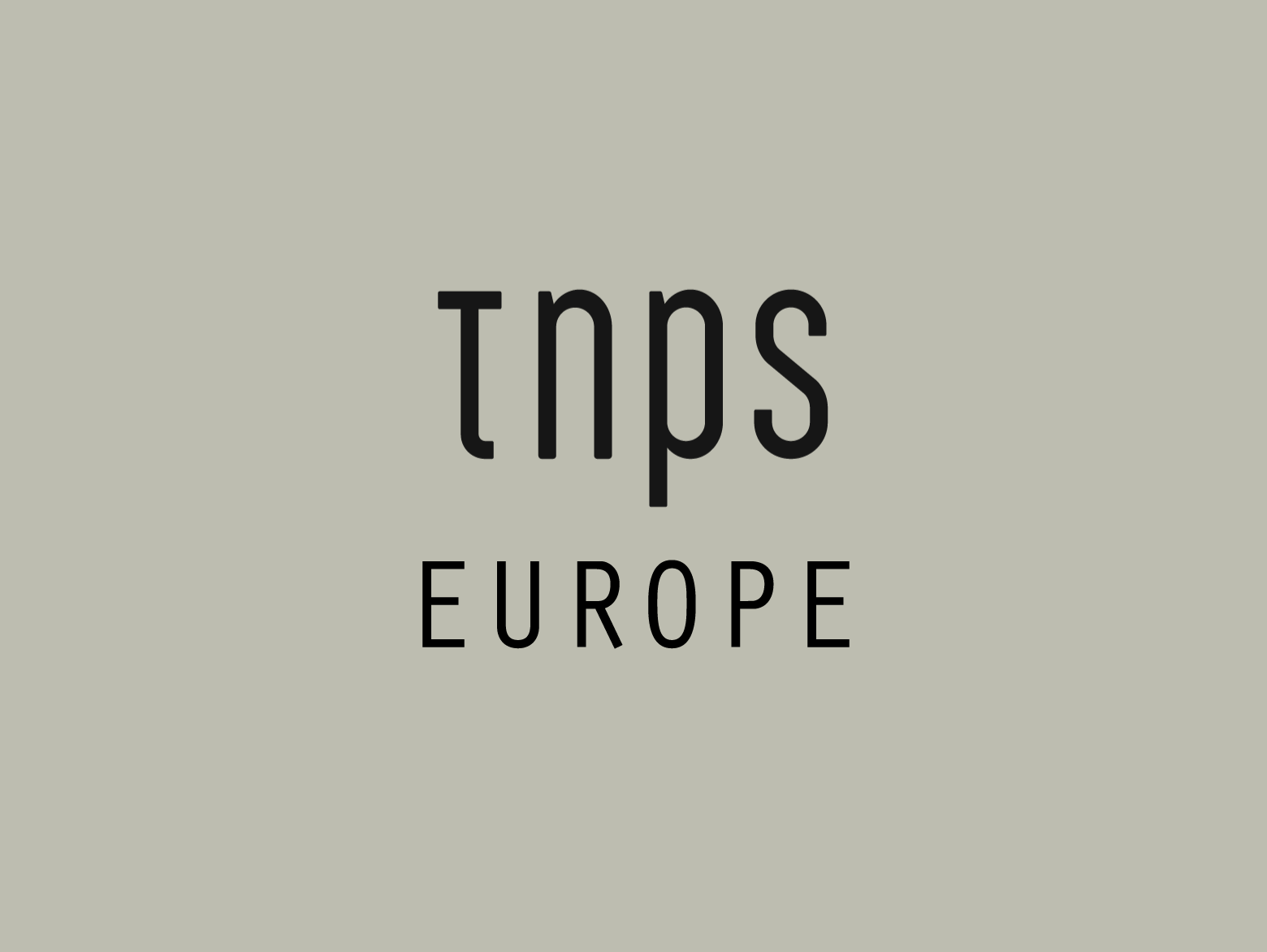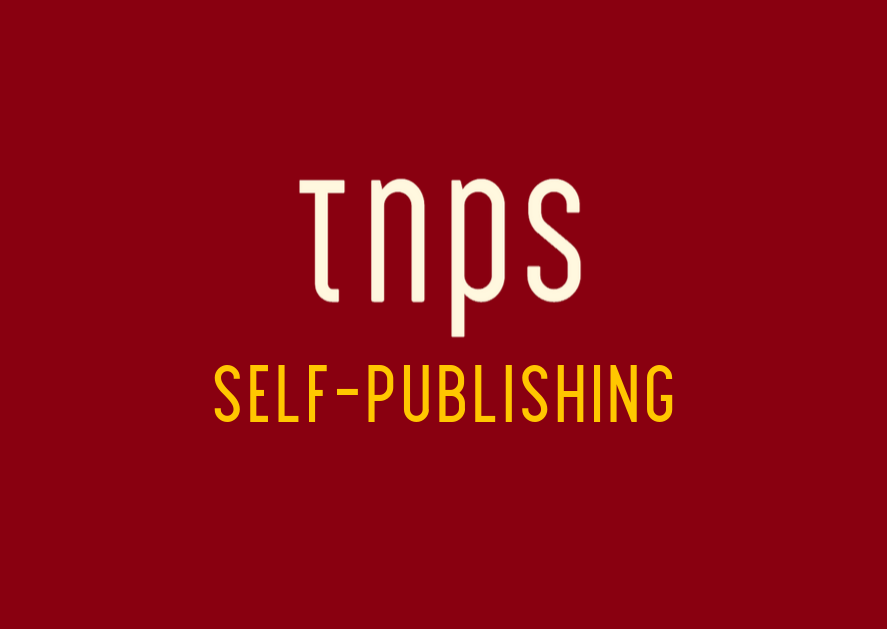With a population close to 20 million Romania is by no means one of Europe’s smallest book markets, but often is overlooked by publishers outside the country looking to maximise reach and revenues.
Yet Romania has a vibrant online book sector, with Libris leading the online print stores and Elefant the dominant ebook player in the country.
For both print and ebooks there is no competition from Amazon, which can be both a positive and a negative. While no Romanian operation could hope to match Amazon’s deep pockets, little competition means those that are in the game have little incentive to up their game.
But Libris has been doing pretty well, reporting that the company sold more than 1.5 million books in 2018.
Unsurprisingly, Romanian authors were quite popular, but foreign authors made a fair showing in the charts.
Romanian writer Irina Binder leads the top 10 best-selling books with two titles, namely Strainul de langa mine and Insomnii,according to the list made by Libris.ro. In fact, Strainul de langa mine was the preferred book in 30 of Romania’s 42 counties.
The Little Prince by Antoine de Saint-Exupery ranks third, followed by Simona Tivadar’s Medicina, nutritie si buna dispozitie, and Sapiens: A Brief History of Humankind by Yuval Noah Harari.
Libris.ro’s top 10 in completed by De vorba cu Emma ed.3 by Vitali Cipileaga, Orbi by Petronela Rotar, Ziua in care la capatul celalalt al iubirii n-a mai fost nimeni by Ioana Chicet-Macoveiciuc, and The Power of Your Subconscious Mind by Joseph Murphy.
Most of the books purchased from Libris.ro in 2018 were ordered from Bucharest (with more than 313,000 books) and the counties of Brasov (with almost 131,000 books) and Cluj (with some 84,000 books). Irina Binder’s Strainul de langa mine was the most popular book in Bucharest.
The highest average value of an order was registered in Brasov – RON 155 ($37.50), almost double the national average of RON 80 ($19). The online bookstore’s most loyal client placed 238 orders in 2018.
Via Romania-Insider.
A glance at Elefant shows a similar story in that the charts field a fair number of non-Romanian authors, and that’s all the more evident in the Elefant ebook chart, perhaps reflecting a reluctance by some Romanian publishers to embrace digital editions.





